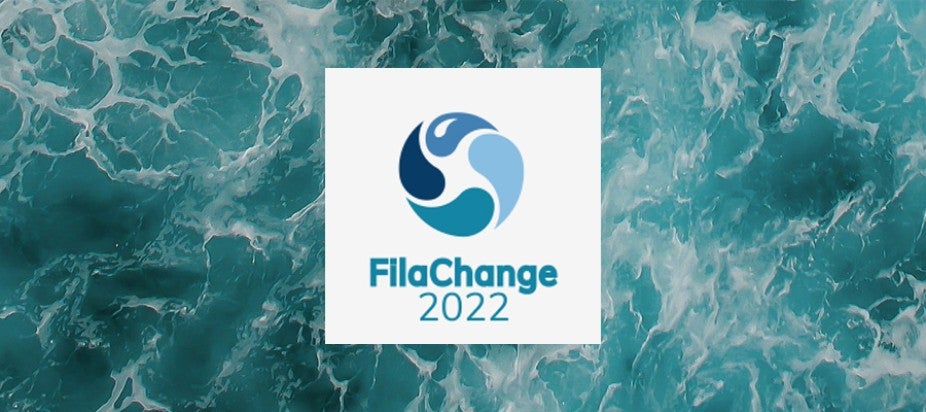FilaChange 2022
An international conference on ocean processes linking filaments and finescales (1-100 km) with climate change.

9:39 – 9:39 am MDT
The workshop will take place from 29 August - 2 September 2022 in parallel in four locations:
- Campus Pierre et Marie Curie, Sorbonne University, Paris, France
- Brown University, Providence, Rhode Island, USA
- Ocean University of China, Qingdao, China
- CSIRO, Hobart, Australia
Each day a summary session (1-2 hours) will be held in videoconference.
Workshop description
The Earth system has complex dynamics, characterized by feedbacks among biophysical processes occurring at a wide range of spatiotemporal scales. Disentangling these complex feedbacks is needed to predict climate change scenarios at high accuracy. This knowledge also forms the basis for planning effective adaptation and mitigation strategies, as well as sustainable environmental policies over the coming decades.
Due to their size, the fine scales (i.e. spatial scales of 1–100 km) are not resolved in most Earth System Models and provide a major challenge for global observing systems. Nevertheless, they play a pivotal role in climate dynamics, by storing and directing the flow of energy across the ocean scales, and by strongly modulating the ocean biogeochemical cycles as well as air-sea and ice-sea interactions.
The fine scales affect the distribution and behavior of marine biota, forming the skeleton of the open ocean seascape where major conservation programs are planned in the coming years under international initiatives like “Biodiversity Beyond National Jurisdiction” and “High Ambition Coalition”. Understanding these dynamics is also critically important in the early phase of marine pollution accidents, during which the dispersion of the pollutants is controlled by horizontal stirring.
This workshop aims at identifying recent advancements and future challenges in all these facets of fine scale ocean dynamics, bringing together scientists from different disciplines in oceanography – geophysical fluid dynamics, biophysical interactions, climate model parameterization and numerics, observational oceanography, climate analysis – and societal applications.
The workshop is especially suited for providing training and interdisciplinary skills to early career scientists and (under)graduate students on the emerging topic of the workshop.
Special emphasis will be given to the synergies between models and observations, with a focus on emerging inversion/assimilation techniques, Lagrangian methods, and on the opportunities opened by next-generation in situ and remote sensing finescale platforms, like the incoming SWOT satellite mission.
Scientific sessions:
- The energy cascade and heat/material in Earth System Models
- Biodiversity and biogeochemistry in the global ocean
- Emerging finescale observing systems, inversion methods, data assimilation
- Air sea fluxes
- The role of finescale science in conservation and managing of the open ocean: contaminant dispersion (oil, plastic,..), fishery management, and spatial planning of marine protected areas.